As conversations from the concluded Indonesian presidential debate continue to echo in the social media sphere, the wave of discussion revolving around candidates' stances on women's issues shines a distinct spotlight. While the presidential race may be over, the ripple effect of the discussions advances vitally forward, particularly on platforms like X, formerly known as Twitter, where influencers, celebrities, and ordinary netizens speak with equal authority.
The discourse has drawn in more participants from younger generations, showcasing a growing political awareness. Amidst this sea of opinion, a specific issue has risen to prominence, warranting a more significant examination – a conversation on women's rights and protection. The reality that all our presidential contenders were male only intensified these pivotal discussions, and the diversity of responses from social media users was quite enlightening.
Even though politics isn't my go-to topic, I found myself deeply engaged in the political whirlwind of this year. Each debate I watched was riveting, but one issue stood out to me: the discourse around women’s rights and protection. And why wouldn’t it? I am a woman, after all. Additionally, the fact that all our presidential contenders are men seemed to amplify these discussions. With the buzz this topic created in earlier debates, I knew it would elicit a diverse range of reactions from social media users.
Why should we, Public Relations (PR) practitioners, care about this issue?
I think we can learn so much from this particular case. Understanding public sentiments and reactions is fundamental to crafting effective PR strategies. By monitoring and analyzing the responses of social media users or the general public, we can gain insights into the perceptions, concerns, and priorities of the target audience. PR practitioners play a critical role in shaping and managing the public image of our clients or companies, and being aware of how their stance on particular issues is received by the public is essential for reputation management and strategic communication planning.
What do people on X have to say about the issue?
During the debate, Anies Baswedan questioned Prabowo Subianto regarding the rates of violence against women under this government. Prabowo responded by emphasizing the significant role women play in the life of a nation. If he were to be elected, he would like to provide nutritious food for pregnant women. Furthermore, Prabowo asserted his commitment to gender equality by advocating for equal education opportunities for women.
Anies declared his firm stance against violence, ranging from catcalling to physical violence, directed towards women. He also committed to equalizing women's salaries with men’s and establishing numerous daycare centers to support women's careers. Meanwhile, Ganjar Pranowo focused on how to prevent stunting. Ganjar assessed that adolescent health is an integral aspect to consider in preventing children from being born with stunted growth.
Source: @briankhrisna and @dedyaramadhan on X
As expected, people on X reacted almost immediately to the three presidential candidates’ stances on this topic. What I found most interesting was that most of them, at least those that appeared on my timeline, were on Anies’ side. Many netizens, however, expressed dissatisfaction with the responses from Prabowo and Ganjar. As you may see in the two pictures above, people were using memes to voice out their confusion about Prabowo’s answers. I admit that out of the three presidential candidates, Anies was the closest one to addressing women’s concerns that we could see daily, such as cat-calling and violence.
Now, another interesting thing was that not only women, but men had voiced out their opinions regarding this matter too. Two tweets you have seen above came from men, while the other two below are from women. This shows how women's issues are not just a concern for women alone, but are recognized and discussed by men as well. It underscores the importance of inclusivity, which was one of the topics for the debate, and collective awareness in addressing gender-related challenges and advocating for gender equality.
Source: @johnsbananauwuu and @nabiylarisfa on X
As mentioned, Prabowo and Ganjar probably received the least support regarding their answers to women's issues. A prevalent sentiment among netizens was that Prabowo’s focus on providing free meals and nutrition for women didn’t adequately address the everyday issues faced by women. Many expressed the view that these solutions failed to tackle the root cause of gender-based problems. However, among the people who thought Prabowo’s answers were not the best solution, some of his supporters agreed and countered some of the tweets targeted Prabowo.
Source: @Dy_NPR and @hi_itsesha on X
To sum up...
Based on my observations of X during the presidential debates, it became evident that there's a heightened awareness in our society related to women's issues. These encompass a range of vital topics from physical violence and women's welfare to gender equality. Despite the discourse not quite reaching its desired level of quality, it's encouraging to see our society moving in the right direction.
The Indonesian presidential debate might now be over, but the social media discussions it engendered are still making waves. In particular, X timelines are ablaze with opinions on the candidates’ positions. While my focus was on the vision and mission of the three presidential candidates, I also believe it was necessary to consider various reactions from netizens regarding their responses. Simultaneously, as a communications professional, my observation enabled me to gauge public sentiment, understand emerging trends, and prepare strategic responses.
As we navigate the aftermath of the debates, various political campaigns, and election day, let’s take a moment and learn from what we’ve seen so far in the social media realm. At the end of the day, our ability to adapt and leverage the insights gained from these discussions will be instrumental in shaping more impactful PR campaigns moving forward.


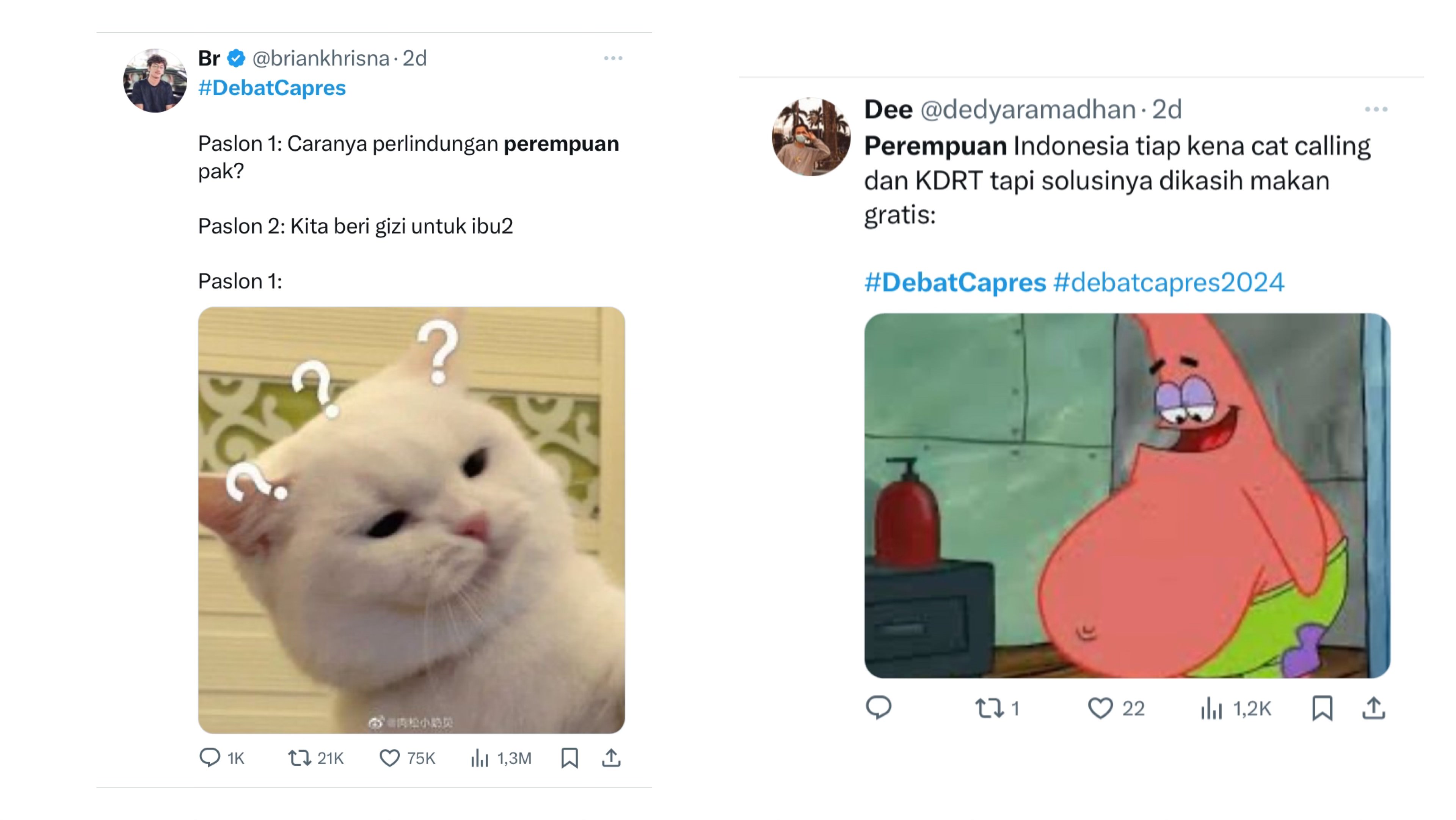
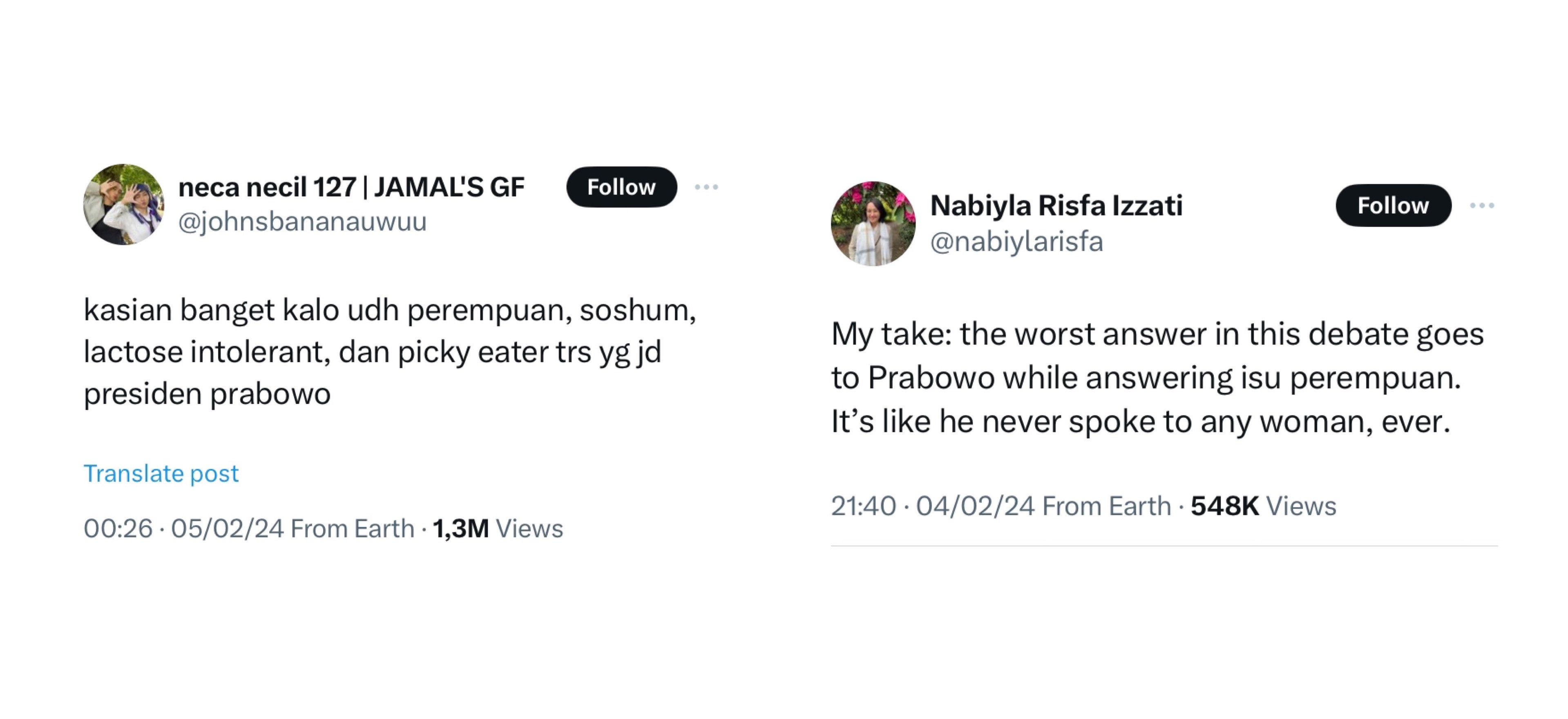
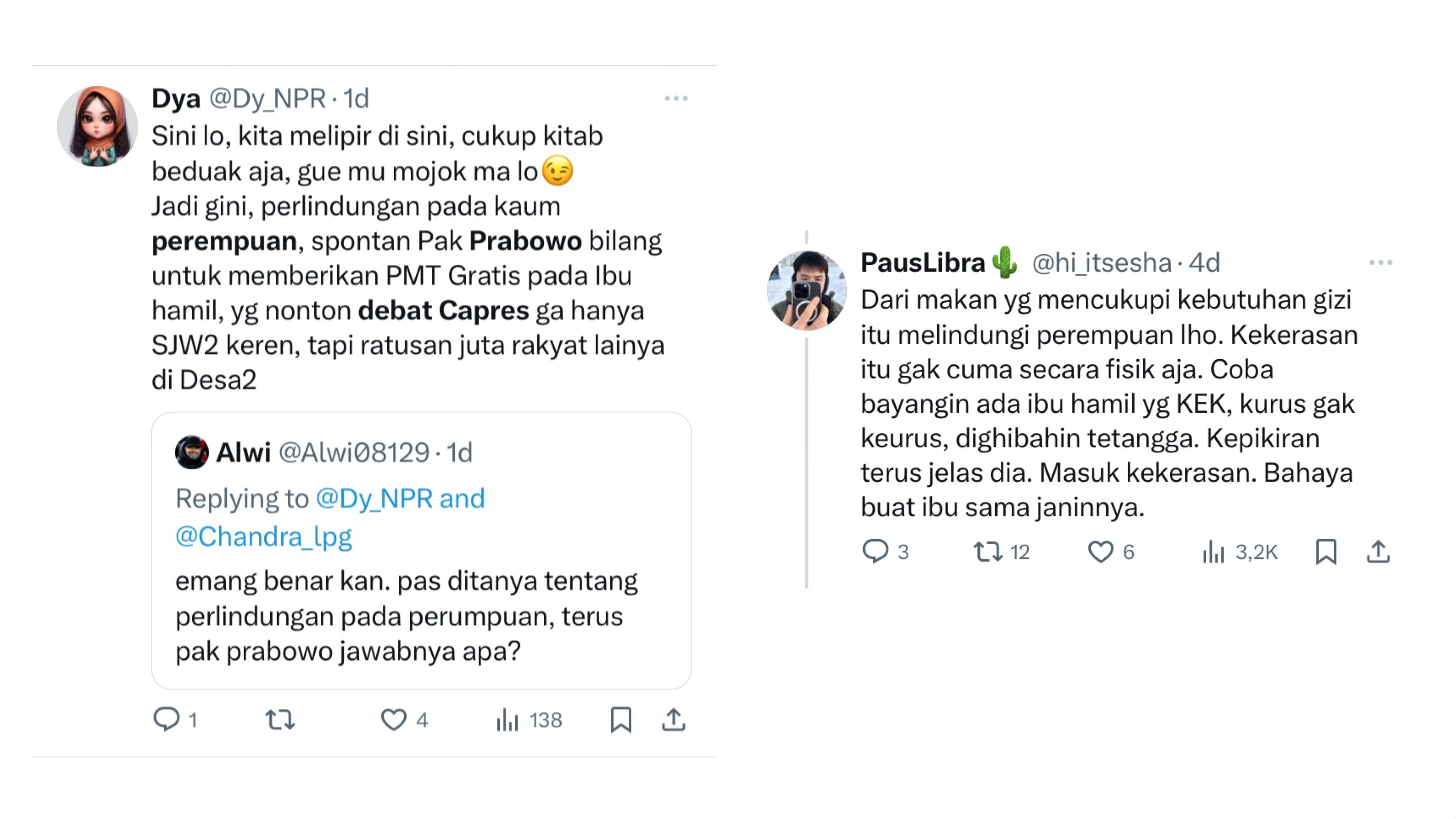




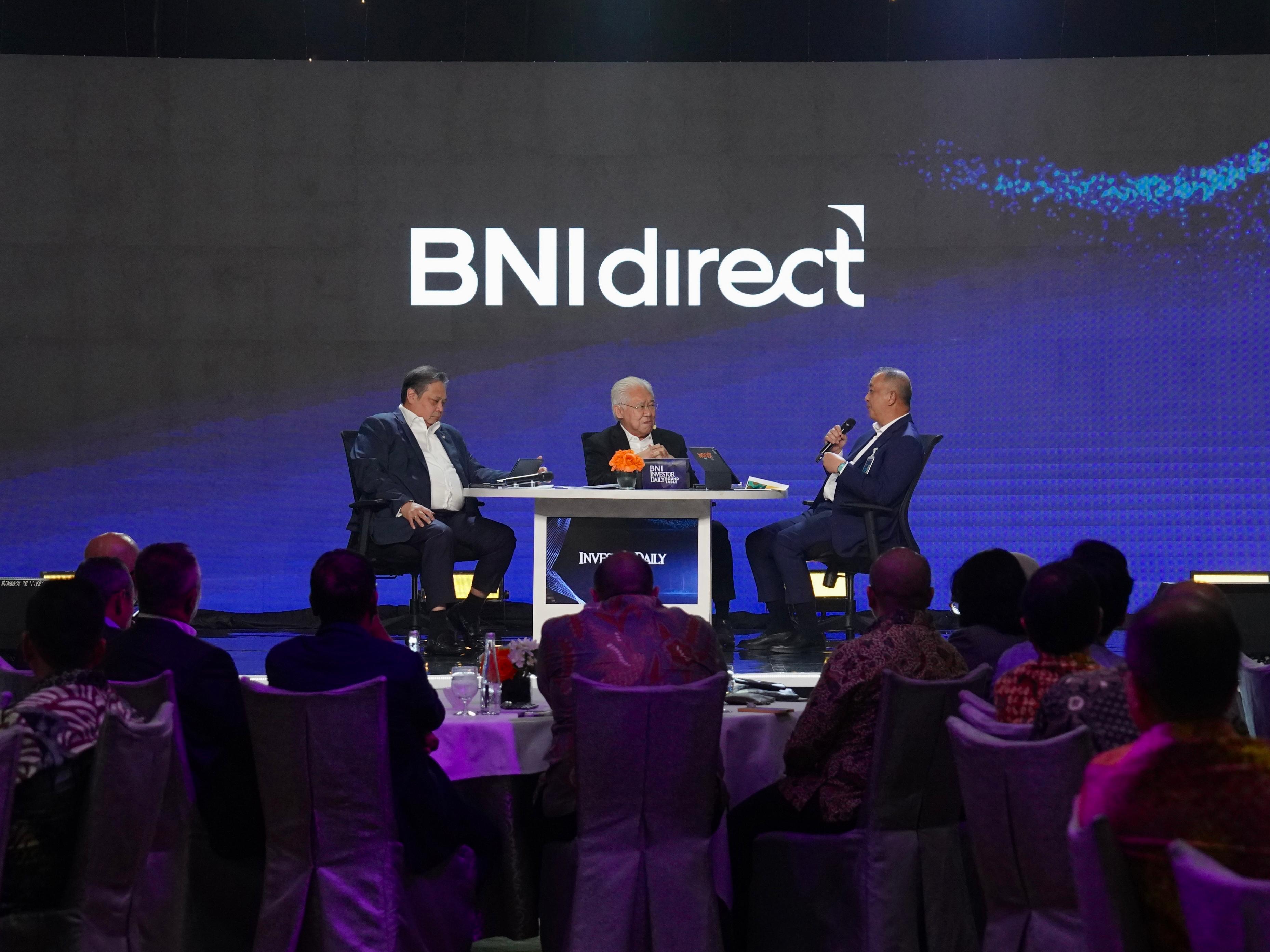
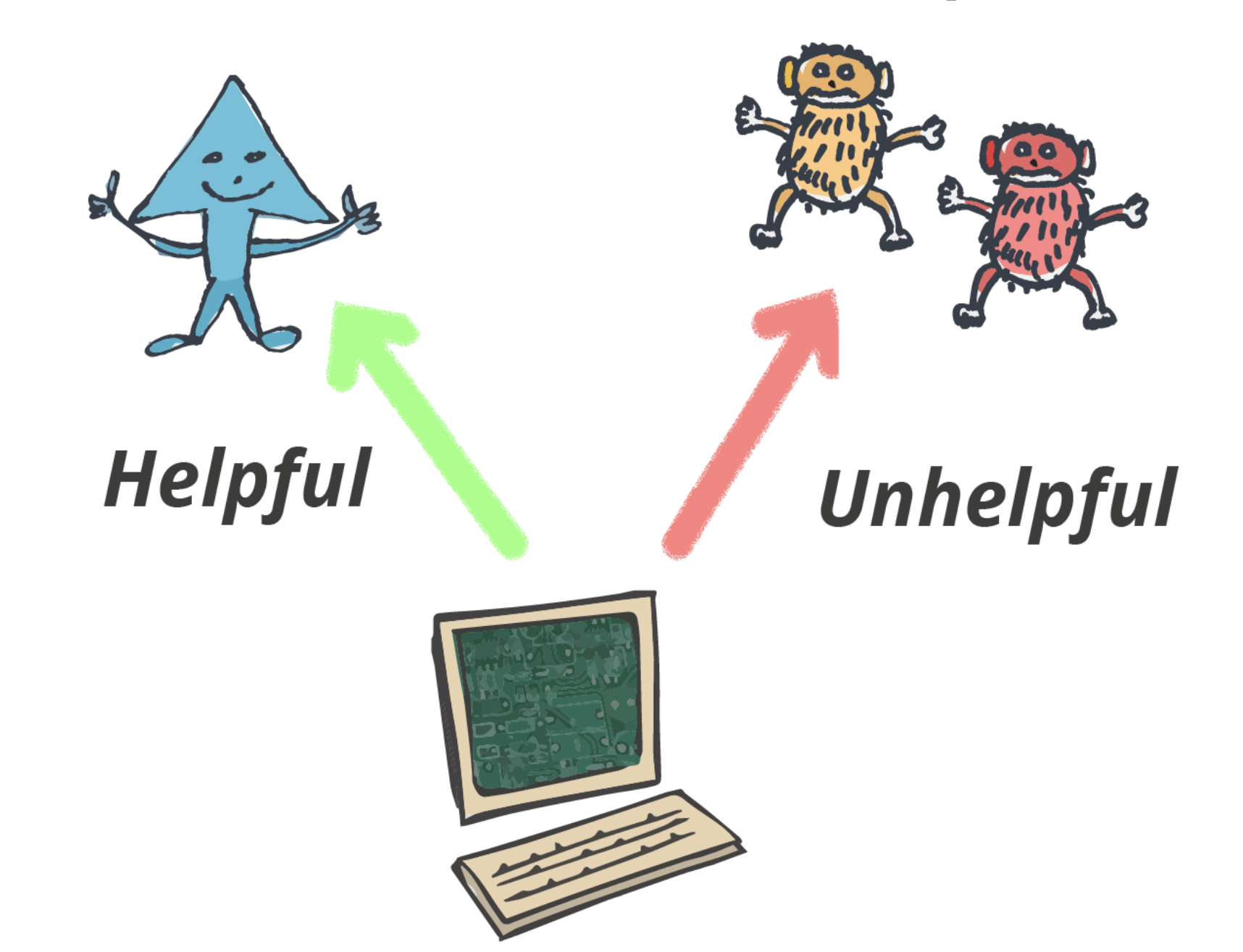





every platform has its own winner. But from my pov, X is the most debatable platform that has swing voters and silent voters. Good article!!